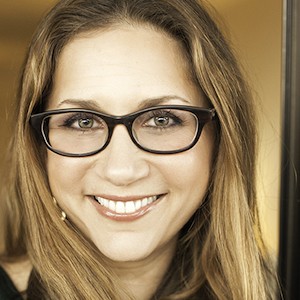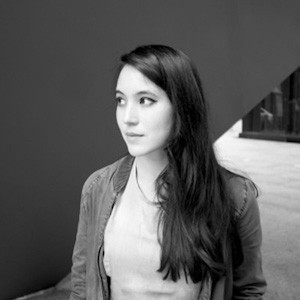Professor Susan Bernofsky & Alumna Alexandra Kleeman ’12 2020-21 Berlin Prize Fellows
Associate Professor Susan Bernofsky and alumna Alexandra Kleeman '12 are two of this year’s recipients of the Berlin Prize, awarded by the American Academy in Berlin.
As a Fall 2020 recipient, Bernofsky will use this prize to work on a new translation of Thomas Mann’s classic novel Der Zauberberg (The Magic Mountain, 1924), set in a tuberculosis sanatorium in Davos on the eve of World War I.
The Magic Mountain is a classic of contemporary German literature. It follows Hans Castorp as he makes a visit to see his tubercular cousin in the Swiss Alps, where Hans then stays for the next seven years until the outbreak of war. In a comment to the university, Bernofsky described the book as “Exactly like now, but a hundred years ago. It’s about disease and the pre-war moment, though I hope only the former part of it applies.” She added, “The book is all about time expanding and contracting, which is very apropos to this moment.”

As a Spring 2021 recipient, Kleeman, who teaches writing at the New School, will continue working on Something New Under the Sun, a dystopian, pre-apocalyptic novel set in Los Angeles, which explores the effects of a new form of synthetic water upon an unsuspecting and unprepared population.
The Berlin Prize is awarded annually to scholars, writers, composers, and artists from the United States who represent the highest standards of excellence in their fields.
Bernofsky’s literary translations include eight works of fiction by the great Swiss-German modernist author Robert Walser, as well as novels and poetry by Jenny Erpenbeck, Yoko Tawada, Franz Kafka, Hermann Hesse, Uljana Wolf, and others. A Guggenheim fellow and former chair of the PEN Translation Committee, she co-edited (with Esther Allen) the Columbia University Press anthology In Translation: Translators on Their Work and What It Means. Her translation of Jenny Erpenbeck’s novel The End of Days won the 2015 Independent Foreign Fiction Prize, The Schlegel-Tieck Translation Prize, the Ungar Award for Literary Translation, and the Oxford-Weidenfeld Translation Prize. Her translation of Yoko Tawada’s novel Memoirs of a Polar Bear (2016) won the inaugural Warwick Prize for Women in Translation. She is currently completing work on a biography of Robert Walser for Yale University Press and blogs about translation at www.translationista.com.

Kleeman is the author of Intimations, a short story collection, and the novel You Too Can Have A Body Like Mine, which was awarded the 2016 Bard Fiction Prize. Her fiction has been published in The New Yorker, The Paris Review, Zoetrope, Conjunctions, and Guernica, among others, and other writing has appeared in Harper's, The New York Times Magazine, VOGUE, Tin House, n+1, and The Guardian. Her work has received fellowships and support from Bread Loaf, Djerassi, the Virginia Center for the Creative Arts, and the Headlands Center for the Arts.
All fellows will receive a monthly stipend, partial board, and accommodations at the American Academy’s lakeside Hans Arnhold Center, a nineteenth-century villa located in Berlin’s Wannsee district. During their stay, fellows engage audiences through public lectures, readings, and performances, which form the core of the American Academy in Berlin’s public program.
“I’m looking forward to reconnecting with the German language in person,” said Bernofsky. “The academy gives you space and time to work, which is a godsend especially with this massive book. And the academy is right down the street from the literary house, Literarisches Colloquium Berlin, which is a great place to connect with contemporary German writing—they have readings every night, residencies for writers.”
Though Columbia University still has travel restrictions in place, Bernofsky is optimistic that things will be well enough by fall to travel to Berlin for her residency with the academy. “I’ll have to be in quarantine for two weeks, but that’s no problem,” said Bernofsky. “Two weeks, two months, no problem.”